Minister’s Letter 5/1/2025
Dear Friends,
A new visitor recently approached me with a question. Not exactly a question like we reflected on during our question box service, but a meaningful question, nonetheless. This person asked me what they were supposed to call me. They grew up Catholic, so they were most familiar with addressing clergy as “father.” They had a desire to respect my position in the church and they knew that “father” was likely not the right option for us as Unitarian Universalists. They noted that I am not a priest but rather a minister. This difference highlighted an obvious distinction in title. Catholics are not the only people of faith who address their clergy as “father.” This is common practice in Anglican churches, some Orthodox churches, and some Lutheran churches, but not for Unitarian Universalists. I went to the Episcopal Divinity School, so I experienced many of my colleagues preparing to take on that title. I was also intrigued that some of my women and femme colleagues were in congregations that addressed them as “mother.” It seems that this is rare but not quite as rare as one might think. The answer though, is no, I do not go by “father.” The one exception to that rule is when I have walked down the streets of Boston in my clerical collar and person after person calls out to me, “hey fahthah, have a good day,” or “hey fahthah, how about a quick blessing.” Those are not exactly the moments for an interfaith education session about Unitarian Universalism. Instead, I simply offer love, grace, and gratitude.
What, then, should you call me? I wrote a similar letter in the early months of my time here at 2U. To help maintain appropriate boundaries and highlight the unique relationship I have with our congregation; it is my preference to be called either Rev. Jason or RevJ. Many Unitarian Universalist ministers simply go by their first name. I respect that choice. However, several years ago there was a call from BIPOC Unitarian Universalist clergy to all colleagues requesting that we use our titles instead of simply our first names. BIPOC clergy were finding that there were times that they would be addressed by their first names when white colleagues were addressed with their title. This created not only an uncomfortable experience, but it also highlighted a culture of racialized disrespect within our faith movement. To mitigate the opportunities for this to happen, the request was that all our clergy embrace their title. Not all have, and I appreciate the degree of informality addressing a minister by their first name allows. My hope is that by creating a kind of nickname, originally created by my friends in Boston, RevJ, we can have the same degree of informality while still using my title.
I noted above the unique relationship I have as the minister of the congregation. It is important that as I serve as your minister, in covenantal relationship, I maintain the appropriate boundaries expected of clergy. It seems to me that using my title can help remind us of all of the boundaries that are put in place. In many ways we have a mutual relationship and in many other ways, I am here to serve you. It is not appropriate for me to come to you for pastoral care, I need to find that elsewhere. It is not appropriate for me to use the pulpit as my therapy practice, I have a therapist for that. It is not appropriate for me to ask you to minister to me, I have my own spiritual director for that.
I have been here for almost six years now and you will certainly hear some people address me by my first name. To help make our relationship clearer for new people, I would encourage everyone to embrace the practice of addressing me as Rev. Jason or RevJ. My hope is that this clarity will be useful for all of us. I am not going to take offense if you address me by my first name. I will not even correct you. I just encourage you to think about how doing so might strengthen our covenant and keep our relationship clear.

